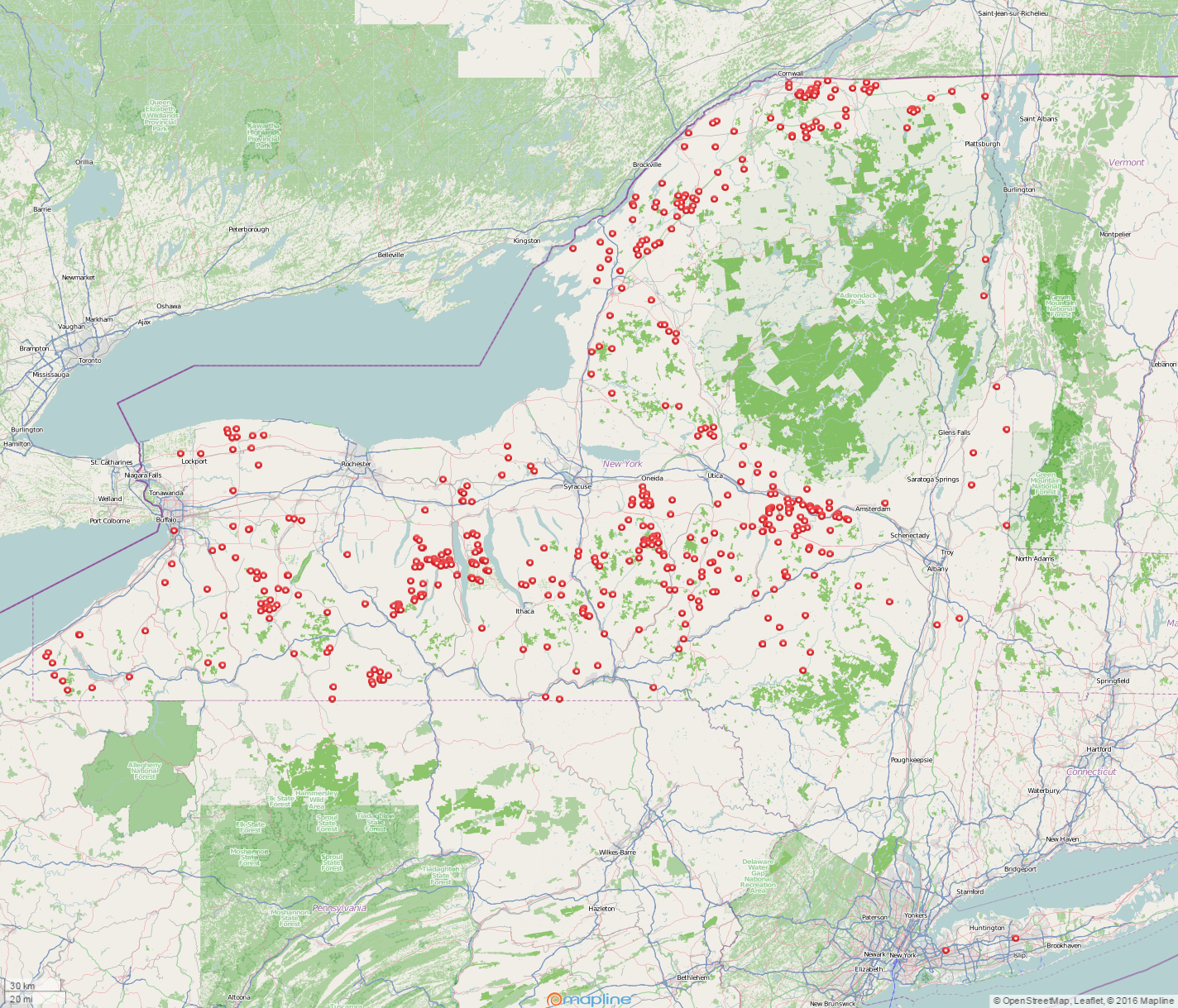Here are the rules that cover your question:
First: The certifying agency is the final authority on all questions like this. Not all certifiers read the Standards the same. That is why a producer must set up a “Farm Plan” on how they will operate their farm. This “Farm Plan” must then be ok’d by the certifier. A request for a deviation from the plan must be made by the producer to the Certifier. Here are the sections that would pertain to this:
§ 205.201 Organic production and handling system plan.
(a) The producer or handler of a production or handling operation, except as exempt or excluded under § 205.101, intending to sell, label, or represent agricultural products as “100 percent organic,” “organic,” or “made with organic (specified ingredients or food group(s))” must develop an organic production or handling system plan that is agreed to by the producer or handler and an accredited certifying agent. An organic system plan must meet the requirements set forth in this section for organic production or handling. An organic production or handling system plan must include:
(1) A description of practices and procedures to be performed and maintained, including the frequency with which they will be performed;
(2) A list of each substance to be used as a production or handling input, indicating its composition, source, location(s) where it will be used, and documentation of commercial availability, as applicable;
(3) A description of the monitoring practices and procedures to be performed and maintained, including the frequency with which they will be performed, to verify that the plan is effectively implemented;
(4) A description of the record keeping system implemented to comply with the requirements established in § 205.103;
(5) A description of the management practices and physical barriers established to prevent commingling of organic and non-organic products on a split operation and to prevent contact of organic production and handling operations and products with prohibited substances; and
(6) Additional information deemed necessary by the certifying agent to evaluate compliance with the regulations.
Secondly: Using raw manure from a non certified dairy would be a gray area and depend on the certifier. I used raw chicken manure on a certified field 10 years ago. My certifier didn’t have a problem with it but only allowed me to spread 2 tons/acre. Again the producer needs to check with their certifier.
Here are the standards that cover Soil Fertility:
§ 205.203 Soil fertility and crop nutrient management practice standard.
(a) The producer must select and implement tillage and cultivation practices that maintain or improve the physical, chemical, and biological condition of soil and minimize soil erosion.
(b) The producer must manage crop nutrients and soil fertility through rotations, cover crops, and the application of plant and animal materials.
(c) The producer must manage plant and animal materials to maintain or improve soil organic matter content in a manner that does not contribute to contamination of crops, soil, or water by plant nutrients, pathogenic organisms, heavy metals, or residues of prohibited substances. Animal and plant materials include:
(1) Raw animal manure, which must be composted unless it is:
(i) Applied to land used for a crop not intended for human consumption;
(ii) Incorporated into the soil not less than 120 days prior to the harvest of a product whose edible portion has direct contact with the soil surface or soil particles; or
(iii) Incorporated into the soil not less than 90 days prior to the harvest of a product whose edible portion does not have direct contact with the soil surface or soil particles;
e) The producer must not use:
(1) Any fertilizer or composted plant and animal material that contains a synthetic substance not included on the National List of synthetic substances allowed for use in organic crop production;
This last one is the gray area that will cause differences among certifiers.
Thirdly: When it comes to nutrient and land management the Standards quite often defer to the Whole Farm Plan that is on file with FSA. Such as CAFO, Highly erodible, and land.If your producer wants this practice to be a main part of their nutrient management, they may want to ask this question before they choose a certifier.


